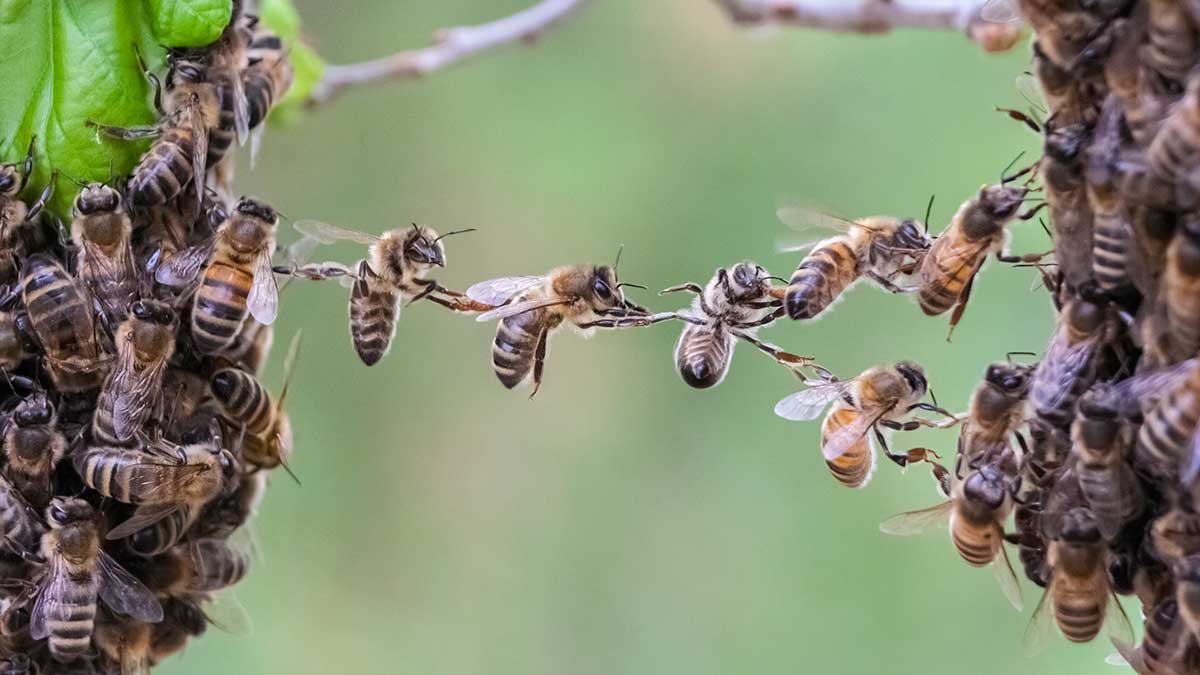Most people toss more compostable food than they realize. However, these unexpected scraps belong in your compost pile, not the trash. Once you know what to compost, turning waste into soil becomes second nature.
1. Old Herbs and Spices
Usually, food scraps you can compost — like old herbs and spices — take between 6 and 12 months to decompose. Delicate herb leaves and stems decompose quickly, while tougher, woody herbs take a bit longer. Avoid adding too much, as it might scare away insects known to help with decomposition. Ground spices will break down more rapidly than whole ones.
2. Out-of-Date Wine and Beer
These organic liquids ferment quickly. Add a little to your compost to keep it moist. Composting wine increases soil organic matter content and microbial diversity. It provides a gradual supply of nutrients, like potassium, which is vital for healthy plants. This method is in line with circular economy practices and helps combat climate change.
3. Stale Pretzels
This might be one of the weirdest food scraps you can compost. Break them into smaller pieces before adding them to your bin. A little salt is fine for a healthy compost mix, but it’s wise to avoid too much sodium. These old snacks work great with coffee grounds or fruit scraps. Think of them like stale bread — compost them instead of throwing them away.
Annually, food waste makes up up to 40% of the U.S.’s food supply. Knowing this and composting all the food you can really makes a difference.
4. Old Preserves
Incorporating old preserves, like jam and chutneys, into your compost pile will help create a nutrient-dense fertilizer for your garden. To make sure the sugar is evenly distributed throughout the pile, it’s a good idea to mix the spread with a bit of water. Composting old preserves can draw in pests, too, so make sure to add only a little bit and bury it well so it decomposes quickly.
Despite representing only 4% of the world’s population, the United States is responsible for more than 12% of global waste. By composting food scraps, like preserves, you’re not going to use, you can significantly reduce the amount of organic waste that ends up in landfills, making a positive difference.
5. Citrus Peels
You probably know about composting fruits and vegetables, but did you know that citrus peels are often overlooked? Plus, nutritionists suggest incorporating a minimum of five fruits or vegetables into your daily diet. By doing so, you’ll be doing yourself and the planet a favor.
While citrus peels take time to break down, they can improve compost when chopped finely and blended with other organic matter. It’s important to use them in moderation, as too many can lead to acidity in the compost pile. Mixing them with eggshells or dry leaves can help balance the mixture. They also add delightful scents, texture and vital nutrients.
6. Complete Eggs
While you may have composted eggshells before, have you considered taking it a step further? Try adding whole eggs to your vermicomposting setup. Worms excel at breaking down eggs, turning them into nutrient-dense compost. Just be sure to crush the eggs a little to speed up the process and mix them well with your existing compost.
Eggshells are packed with valuable nutrients like calcium, magnesium and keratin, which are fibrous proteins. These qualities make them a fantastic fertilizer for enriching your soil and boosting your garden’s growth. The calcium content helps balance soil acidity and provides essential nutrients that strengthen plant cell walls.
7. Cheese
Although cheese will break down like other green materials in your compost bin, it’s important to cover it thoroughly with leaves or straw to minimize odors, pests and flies. Additionally, remember to turn the compost frequently and monitor the moisture levels to control smells and deter pests.
Cheese can decompose faster than many other food scraps, which can speed up the composting process. While composting dairy is feasible, it might be wise to start doing so only after you’ve gained more knowledge on the topic.
8. Seaweed
Seaweed breaks down fast and is packed with essential minerals, making it valuable for your body, and then for your compost. Rinse it, if collected from the beach, to reduce excess salt.
Once chopped or shredded, seaweed blends well with other food scraps and speeds up microbial activity. Plus, seaweed boosts the earthworm cocoon and microbiome for vermicomposting, making it a great food scrap to compost.
Use All You Can With These Surprising Food Scraps You Can Compost
Composting unexpected food scraps helps reduce waste, build better soil and support the environment. From coffee grounds to cheese, each item adds its own special advantage to your compost. Begin with small efforts, keep at it, and see how your leftovers turn into rich soil. Every compost bin represents a move toward a more resource-conscious approach.
Source link
Beth Rush biofriendlyplanet.com


